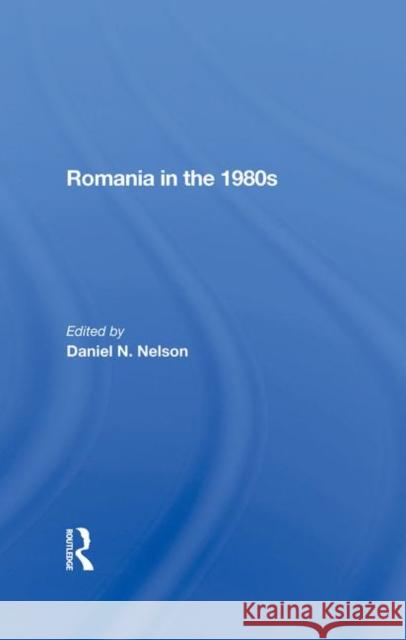Romania in the 1980s » książka
Romania in the 1980s
ISBN-13: 9780367286200 / Angielski / Twarda / 2019 / 312 str.
Romania in the 1980s
ISBN-13: 9780367286200 / Angielski / Twarda / 2019 / 312 str.
(netto: 676,35 VAT: 5%)
Najniższa cena z 30 dni: 654,86
ok. 16-18 dni roboczych.
Darmowa dostawa!
Among communist states, Romania is, in several respects, a unique case. Romania has been the only Warsaw Pact member to deviate consistently from Soviet foreign policy norms and, alone within Eastern Europe, to avoid oil imports from the USSR. The leadership of Nicolae Ceausescu since 1965 has, meanwhile, governed through a studious commitment to socio-economic centralization and control often reminiscent of' Stalinist orthodoxy. Intellectual freedom, artistic liberty and workers' rights have changed little relative to Poland, Hungary or the transient Prague Spring. Such international and domestic policy distinctions, as well as a record of impressive industrial growth, necessitate an effort to understand the dynamics of Romania's socio-economic and political life. This volume is meant to delineate trends in political, social and economic life which will constitute dynamic elements for the Romanian system during the 1980s and beyond. Contributors, all scholars with lengthy research experience in Romania, the Balkans and communist states generally, have sought to identify factors likely to be influential during this and ensuing decades. In that sense, this is a "predictive" volume containing not "crystal-ball gazing" but the careful identification and assessment of trends influencing Romanian foreign and domestic policies, economic and political performance, and societal transformations. By suggesting elements crucial to socio-economic and political change in Romania, we hope to make observing this intriguing communist state somewhat less haphazard and more systematic.











